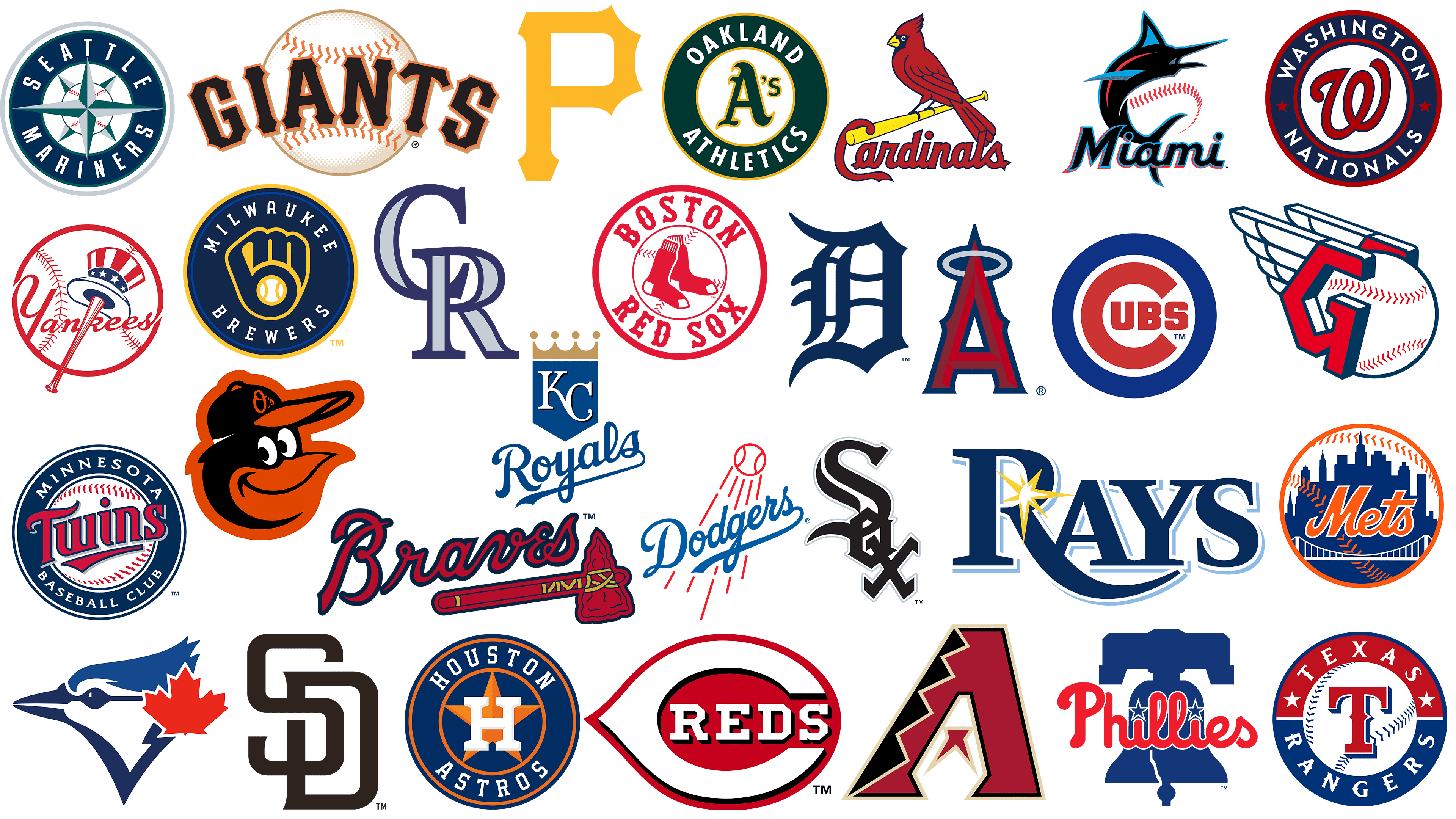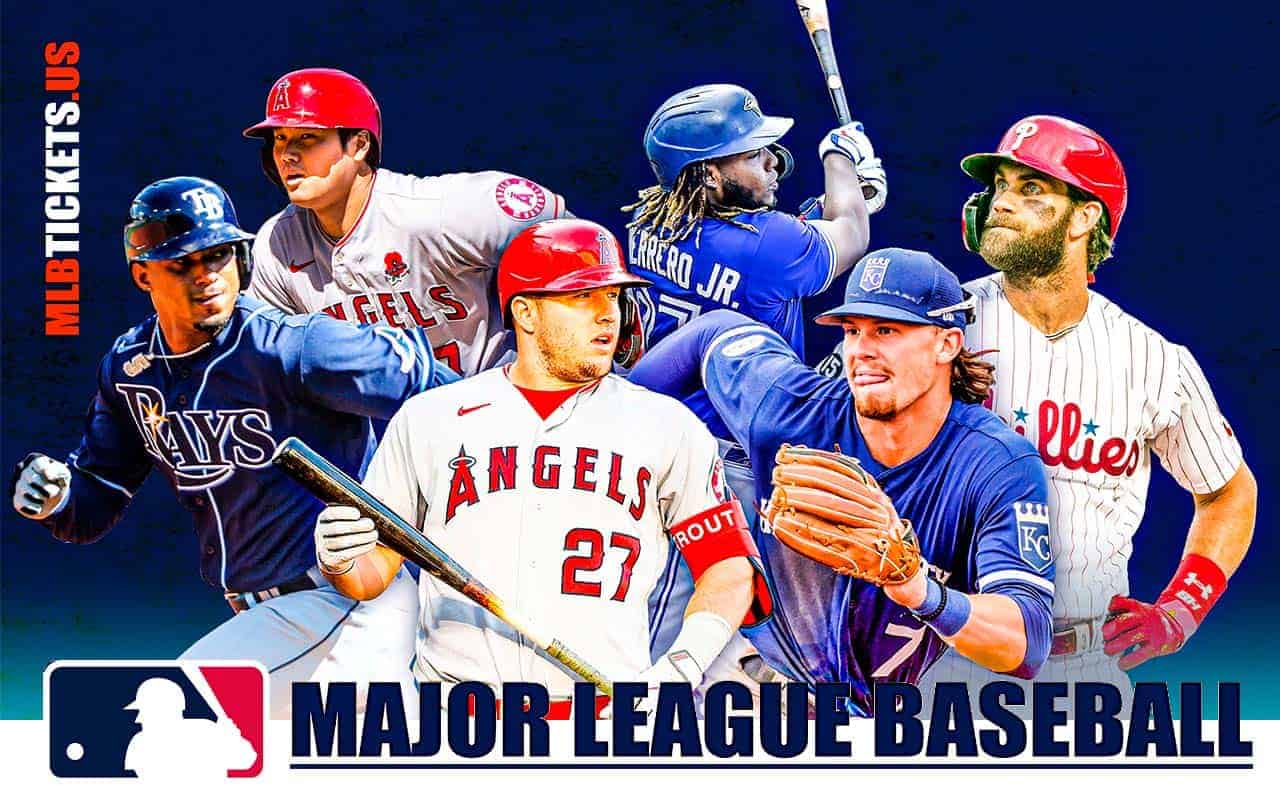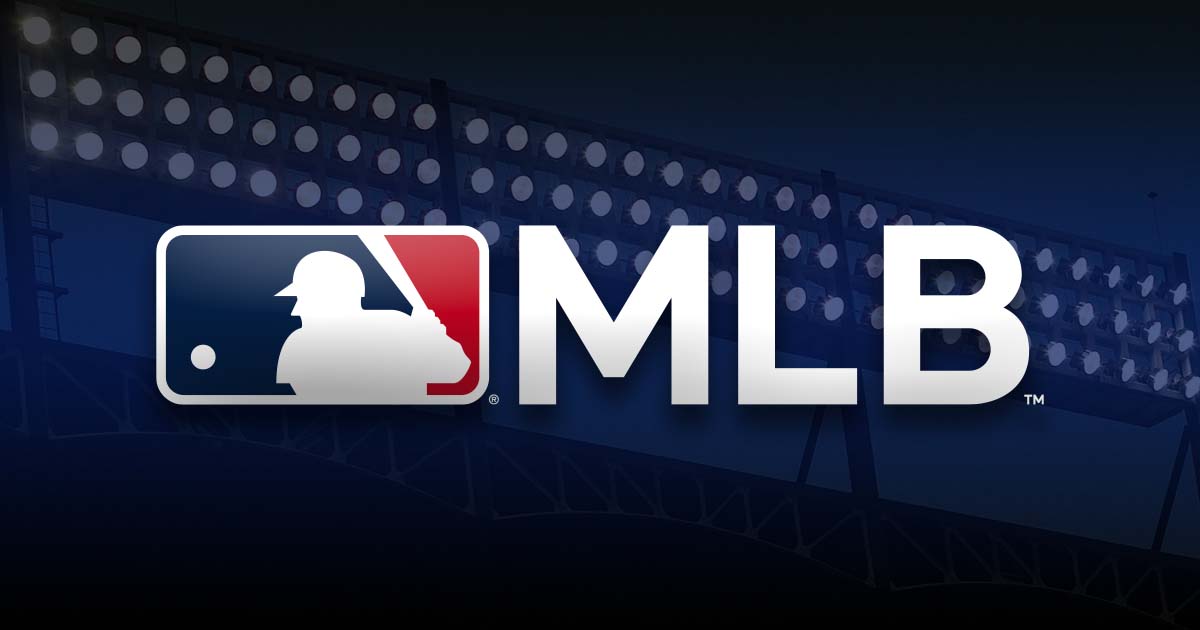Unpacking MLB Net Worth: What Drives Baseball's Big Money?
Have you ever stopped to think about the incredible financial scale of Major League Baseball? It's a rather fascinating subject, you know. From the players on the field, with their impressive contracts, to the teams themselves, which are often worth billions, the money involved is just staggering. This whole area of baseball's financial side really captures a lot of attention, and for good reason, too.
People often wonder about the actual wealth held by baseball's biggest names and the organizations they play for. It's not just about the game itself, but also about the business that surrounds it. MLB is, after all, one of the premier professional baseball leagues across the globe, as a matter of fact, with each team playing a rather extensive 162-game schedule.
Today, we're going to take a closer look at what goes into building that kind of financial strength. We will explore how players gather their personal wealth and what makes a team's value go up or down. So, let's just get into the details of MLB net worth, and how it all works, shall we?
Table of Contents
- Understanding MLB Net Worth
- How Players Build Their Wealth
- What Shapes Team Valuations
- The Dynamic World of MLB Finances
- Common Questions About MLB Finances
Understanding MLB Net Worth
The term "net worth" in baseball can mean a couple of things, you know. It can apply to the individual players who step onto the diamond, and it also applies to the entire ball clubs themselves. Both aspects are really quite substantial, and they both contribute to the overall financial strength of the sport.
When we talk about player net worth, we are looking at their total assets minus any debts they might have. For teams, it's a measure of their overall value as a business, including all their holdings. It's a pretty complex picture, in a way, with many moving parts.
Player Net Worth: Beyond the Contract
A player's net worth is often much more than just their salary, that's for sure. While those big contracts certainly form the backbone of their earnings, there are other important pieces to the puzzle. Players can build up quite a bit of personal wealth from many different sources, really.
You might think of endorsements or various business ventures. These things add significantly to their financial standing. It's a rather broad scope, actually, when you consider all the ways a player can make money.
Team Valuations: A Big Business Game
Teams, on the other hand, have their value determined by a wide range of factors. This includes things like the revenue they bring in from ticket sales, broadcasting deals, and merchandise. It's a bit like assessing any large company, you know.
The market where the team plays also has a pretty big impact. A team in a large city, for instance, might typically be worth more than one in a smaller market. This is due to things like potential fan base and media opportunities, you see.
How Players Build Their Wealth
For baseball players, building up a significant net worth involves several income streams. It's not just about hitting home runs or striking out batters. Their financial journey is quite diverse, in some respects, and often very well planned.
The biggest part, naturally, comes from their playing contracts. But then there are many other avenues, too, that contribute to their overall financial picture. They really do have many ways to earn money.
The Core: Player Contracts
Player contracts are the foundation of a baseball player's wealth, naturally. These agreements can be worth millions, even hundreds of millions, over several years. They are often guaranteed, which means the player gets paid even if they get hurt or stop playing, for instance.
Negotiations for these deals can be quite intense. Agents play a really important part in getting the best terms for their clients. It's a pretty complex process, actually, involving many legal and financial details.
Beyond the Field: Endorsements and Ventures
Once a player becomes well-known, they often get opportunities for endorsements. These can be deals with sports brands, food companies, or even local businesses. Their public image and performance on the field play a big part here, you know.
Some players also start their own businesses or invest in various ventures. This diversification of income is a smart way to build lasting wealth. It helps them make money even after their playing days are over, which is a good thing, really.
Smart Money: Investments and Financial Planning
Professional athletes often have financial advisors who help them manage their money. They might invest in real estate, stocks, or other assets. The goal is to make their money grow over time, you see.
Good financial planning is incredibly important for long-term security. It helps players maintain their lifestyle and provides for their future. This foresight is pretty key, in a way, for sustained financial well-being.
What Shapes Team Valuations
A baseball team's net worth, or its valuation, is a reflection of its business health and potential. Many different elements come together to create this overall figure. It's a rather intricate calculation, actually, involving both current income and future possibilities.
Understanding these factors gives us a clearer picture of why some teams are worth so much more than others. It's not just about how many games they win, you know.
Revenue Streams: Tickets, Media, and Merchandise
Teams make a lot of money from various sources. Ticket sales for games are a big one, naturally, especially for popular teams or those with successful seasons. Concessions and parking also add to this, as a matter of fact.
Media rights are also a huge part of team revenue. Think about all the places you can watch baseball. You can visit espn for mlb live scores, video highlights and latest news, or stream exclusive games on espn+. CBS Sports has the latest mlb baseball news, live scores, and player stats. NBC Sports also offers all the latest mlb news, live coverage, and videos. These broad media deals bring in substantial funds for the league and its teams, honestly.
Merchandise sales, like jerseys and hats, also contribute significantly. Fans love to show their support, and buying team gear is a common way to do that. You can find official items on sites like mlb.com, the official site of major league baseball, for instance.
Market Size and Fan Base
The size of the city or region a team plays in has a direct impact on its value. Larger markets typically mean more potential fans, more local media deals, and more corporate sponsorships. This translates into greater revenue opportunities, you see.
A loyal and passionate fan base is also incredibly valuable. Teams with strong fan support often have higher attendance figures and better merchandise sales. It creates a vibrant atmosphere, which is good for business, too.
Stadiums and Real Estate
Many teams own their stadiums or have long-term leases that give them control over the property. This can be a significant asset, as a matter of fact. They can use the stadium for other events, like concerts or conventions, bringing in extra money.
Some teams also develop the land around their ballparks, adding shops, restaurants, or residential areas. This real estate can become a very valuable part of the team's overall holdings. It's a smart way to generate more income, you know.
The Dynamic World of MLB Finances
The financial landscape of MLB is always changing. It's a dynamic environment, influenced by player performance, economic conditions, and shifts in media consumption. What's true today might be a little different tomorrow, in a way.
Keeping up with these movements helps us understand the ebb and flow of money in baseball. It’s a pretty interesting area to observe, honestly, especially for fans who follow the business side of things.
Impact of Trades and Player Movement
Player trades can have a direct effect on team finances and perceived value. When a team acquires a high-profile player, it can boost ticket sales and merchandise revenue. It might also increase the team's chances of winning, which in turn can bring in more money, you know.
For example, the Mets reportedly had interest in trading for reliever Mason Miller and center fielder Byron Buxton ahead of the July 31 MLB trade deadline. Such moves involve significant financial considerations, including player salaries and future contract implications. These decisions can really shift a team's financial outlook, you see.
The Role of Media Deals
Media deals, both national and local, are incredibly important for MLB's financial health. Big networks like ESPN, CBS Sports, and NBC Sports pay a lot to broadcast games and provide news. This money is then shared among the teams, naturally.
The rise of streaming services, like ESPN+, also creates new opportunities for revenue. As people change how they watch sports, the league and teams adapt to secure new deals. This ensures a steady flow of income, which is pretty vital, honestly.
Future Outlook for MLB's Financial Landscape
The future of MLB's financial picture seems pretty bright, in some respects. New technologies, global expansion, and continued fan interest all point towards continued growth. There are always new ways to engage fans and generate revenue, you know.
Player salaries will likely continue to rise for top talent. Team valuations will probably keep climbing, too, as the business of baseball gets even bigger. It's a fascinating area to watch unfold, actually, with many exciting possibilities ahead.
Common Questions About MLB Finances
People often have questions about the money side of baseball. Here are a few common ones, you know, that come up quite a bit.
How do MLB players make their money beyond just playing?
Well, aside from their playing contracts, players earn money through various endorsement deals with brands. They also might get involved in personal business ventures or make investments in things like real estate or stocks. It's a pretty diverse set of income streams, actually, for many of them.
What factors contribute most to an MLB team's overall value?
A team's value is shaped by many things, you see. Key factors include the revenue from ticket sales, local and national media rights deals, and merchandise sales. The size of the market where the team plays and the value of their stadium and any surrounding real estate also play a really big part, naturally.
Do player trades really affect a team's financial standing?
Yes, they absolutely can. When a team trades for a star player, it might mean taking on a large salary, but it could also boost fan interest, ticket sales, and merchandise revenue. Conversely, trading away a high-salaried player can free up money for other investments. It's a constant balancing act, in a way, for team management.

The Major League Baseball Team Logos And Names

Major League Baseball (MLB) - All Information, Schedule & Tickets

MLB.com | The Official Site of Major League Baseball